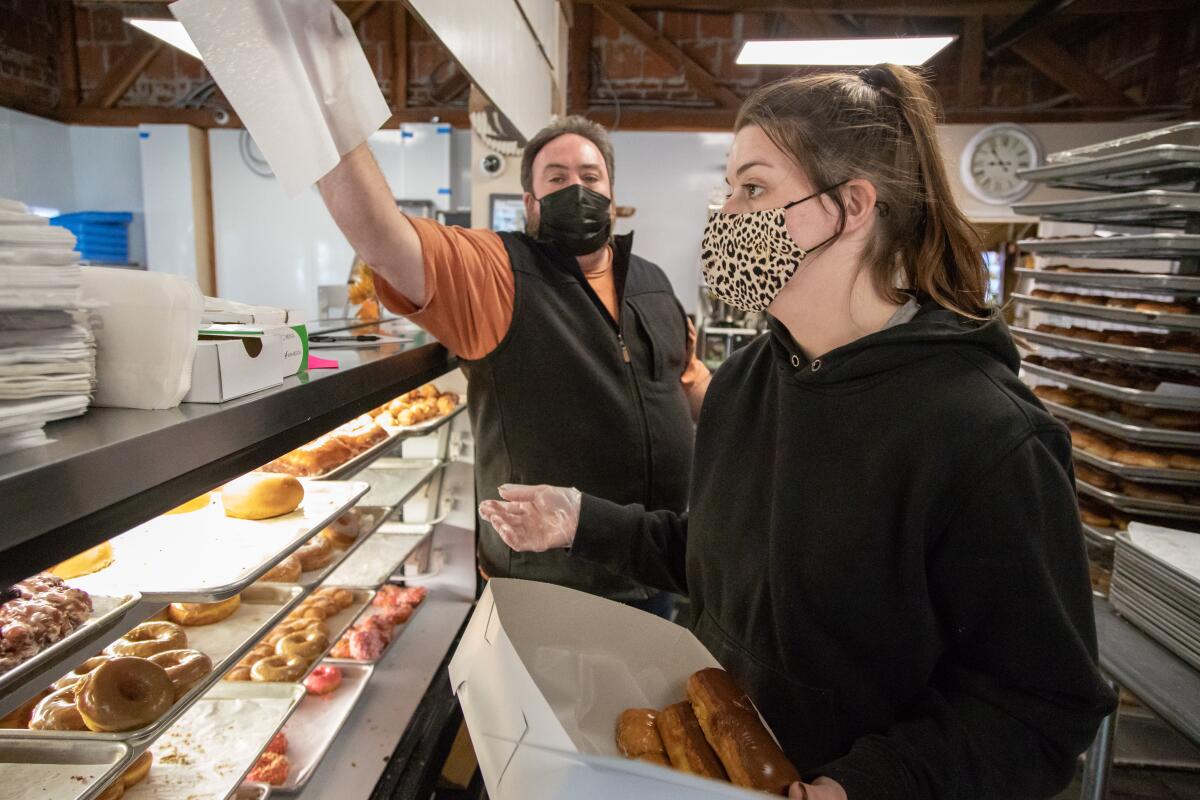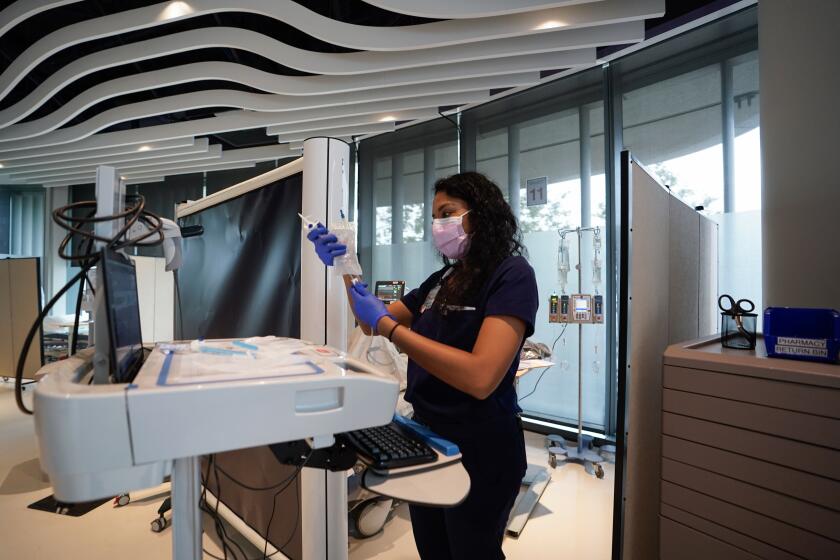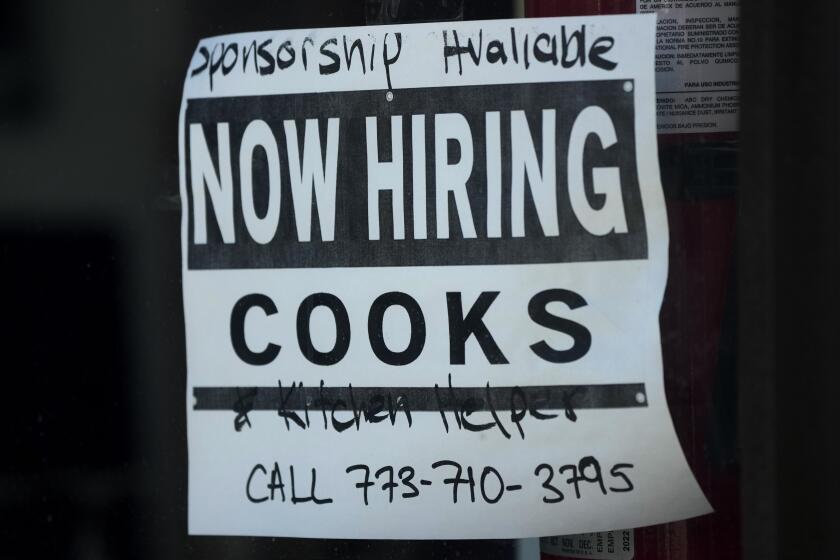San Diego will raise minimum wage to $16.30 next year. What can businesses and workers expect?

For the first time in years, San Diego’s minimum wage will increase by more than a dollar.
San Diego’s minimum wage for all employers will rise from $15 to $16.30 an hour in January, the city announced Friday.
The scheduled increase comes as consumers face rising housing costs and higher prices on gasoline and food.
“With the cost of living rising, this increase could not come at a more needed time for workers and working families,” Mayor Todd Gloria said in a statement. “This increase means a better ability to make ends meet, put food on the table and spend in our local businesses.”
Businesses of all sizes within the city of San Diego will have to abide by this change starting Jan. 1, 2023, for employees who perform at least two hours of work in one or more calendar weeks of the year. The annual increase is part of the city’s Earned Sick Leave and Minimum Wage Ordinance, which was approved in 2016.
Employees will continue to be eligible for accrued sick leave — which can go toward time for their own medical care or for the medical care of a family member — under the ordinance. The policy applies to all industries in the city. Tips and gratuities do not count toward payment of minimum wage.
The mandated wage increases help to ensure a livable wage for San Diego workers and their families, according to the ordinance. It also states that when workers are not paid a livable wage, “the surrounding community and taxpayers bear costs in the form of increased demand for taxpayer-funded services, including homeless shelters.”
San Diego’s minimum wage has increased steadily by $1 since 2019 based on the previous year’s increase in the cost of living, according to the city.
Earlier this year, San Diego’s inflation hit a 40-year high at 7.9 percent. But its labor market remains tight, with an unemployment rate of 3.4 percent in August.
Economist Chris Thornberg, founder of Los Angeles-based Beacon Economics, said that the timing of this minimum wage increase doesn’t make total sense given that many places are already offering more than $16.30 per hour to combat the competitive labor market.
Thornberg also noted that this change in minimum wage will be most evident for industries that rely on minimum wage workers such as restaurants, senior centers and nonprofits. Restaurants are already struggling to attract workers and labor costs account for 30 to 35 percent of expenses at a typical fast-food restaurant, he said.
“It’s a solution looking for a problem,” Thornberg said.
From his perspective, increasing the minimum wage may not significantly move the needle for low-income families in this economy compared to other policy levers.
“If you really want to help low-income households, you’re better off providing them with subsidized child care, earned income tax credits and making real efforts to expand the housing stock,” he said.
Alan Gin, economist and business professor at the University of San Diego said that every time he goes out to eat, he’s seeing “help wanted” signs in the windows as businesses face a labor shortage.
While the job market currently favors job seekers, Gin said the increase could be good for workers in low-wage jobs by ensuring wages don’t slip if the employment landscape changes, as the cost of living and inflation don’t show signs of dropping.
“A lot of people are stressed in terms of their ability to afford to live in San Diego. So, for those who are impacted by this, they will get a little bit of benefit from the higher minimum wage,” he said, while also noting additional support coming from the state such as money to combat inflation and high gas prices.
As a result of the tight labor market, he doesn’t think this minimum wage increase will result in sweeping layoffs or major price increases for consumers — two arguments that are often used to oppose increasing the minimum wage.
The current labor market has already created a rising tide of prices and wage increases, so the impact of San Diego’s mandated increase won’t be huge, he said.
Next year in California, the minimum wage is set to rise to $15.50 per hour for all businesses regardless of the number of workers they employ.
Get U-T Business in your inbox on Mondays
Get ready for your week with the week’s top business stories from San Diego and California, in your inbox Monday mornings.
You may occasionally receive promotional content from the San Diego Union-Tribune.









